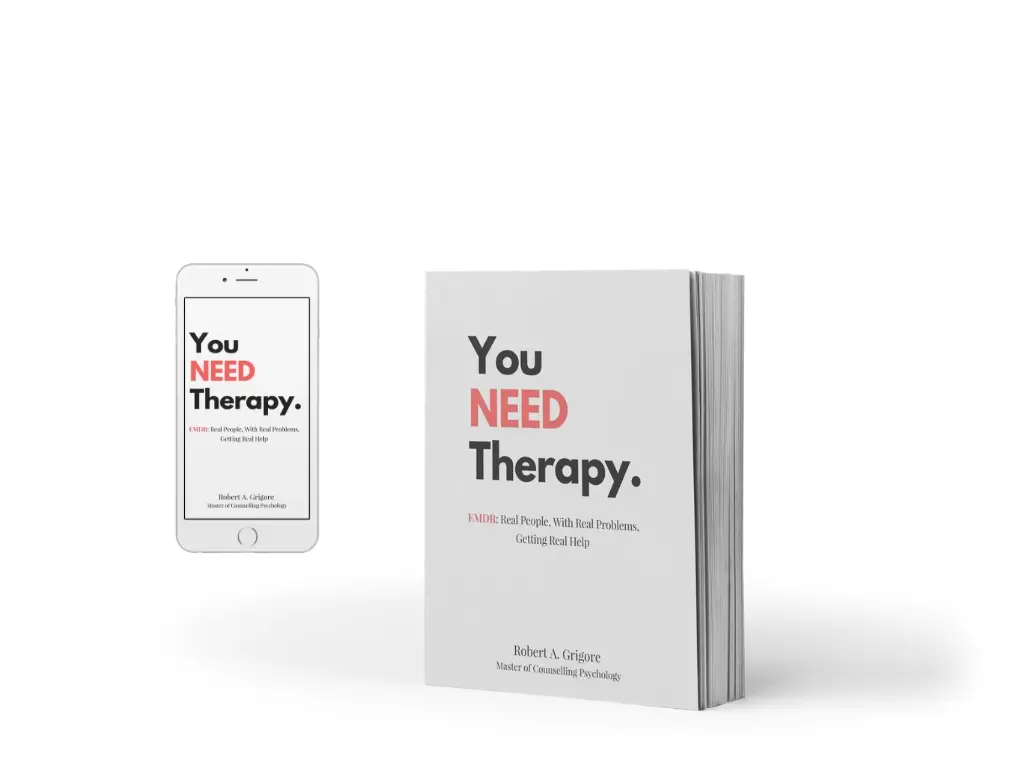Not every sign of emotional distress looks like a breakdown. Sometimes it’s subtle—waking up tired every day, feeling on edge, snapping at loved ones, or avoiding people altogether. Recognizing the pattern means to see it like more than “just stress” or “a rough patch”. It may actually point to something deeper.
We help people identify when everyday challenges are more than just bad days. If you keep pushing through while saying, “I’m fine,” it might be time to look at what’s really going on underneath.
Recognizing the pattern: Subtle Signs That Might Indicate a Deeper Issue
You don’t need to be in crisis to benefit from therapy. Many of our clients come in with common complaints that slowly build over time:
- Chronic irritability
- Muscle tension or headaches
- Sleep problems
- Overthinking or racing thoughts
- Disconnection or numbness
- Lack of motivation
These aren’t just random symptoms—they’re often the body and mind signaling something deeper: anxiety, depression, trauma, or burnout.
“I’ve Just Been Busy Lately” — Or Is It More?
Many people delay seeking help because they assume it’s a temporary phase. They attribute their symptoms to work stress, parenting, or poor sleep. But when these issues linger for weeks or months, they may be more than circumstantial.
Avoidance, anger, and fatigue are common defense responses your nervous system uses to cope with deeper emotional distress. If they keep repeating, therapy can help break the cycle.
Recognizing the pattern: What to Watch For
You may not realize it, but emotional patterns often repeat across different areas of life. Ask yourself:
- Do I always feel responsible for everything?
- Do I keep people at arm’s length emotionally?
- Do I struggle to ask for help?
- Do I turn to food, scrolling, or substances to cope?
- Do I feel tired even after a full night’s sleep?
These are often rooted in earlier life experiences or trauma. Therapy helps uncover those patterns and shift them into healthier responses. So recognizing the pattern is crucial.
You Don’t Need a Diagnosis to Seek Therapy
You don’t need to “qualify” for therapy. If you’ve noticed a pattern of emotional struggle—even if you can still function day-to-day—it’s worth addressing. Therapy offers:
- Clarity
- Emotional regulation
- Nervous system balance
- Better relationships
- Relief from chronic stress
See how we work at Grigore Counselling. We can help.
The Role of EMDR
For many clients, especially those who have experienced past emotional wounding or childhood trauma, EMDR therapy helps target the root cause. It’s not about talking endlessly—it’s about rewiring how your brain processes distress.
When everyday struggles have become a persistent pattern, EMDR offers a way to reset your emotional baseline.
When to Reach Out
If you notice that certain thoughts, reactions, or behaviours keep repeating—despite your best efforts to change them—therapy might be the next step.
You don’t have to wait for a crisis. You can seek help simply because you’re tired of living the same emotional script.
Contact us to book your first session—we offer in-person and virtual therapy across BC and the North.
FAQ
How do I know if it’s just stress or something deeper?
If your symptoms last more than a few weeks, affect your relationships, sleep, or energy, or feel hard to control, they could be signs of anxiety, depression, or unresolved trauma.
Is therapy only for people with a diagnosis?
No. Many clients start therapy to address recurring patterns, even if they’ve never been diagnosed. Therapy is for anyone who wants to feel better.
Can patterns from childhood affect me now?
Yes. Old emotional coping strategies often become default habits. Therapy can help you recognize and reshape those patterns.











